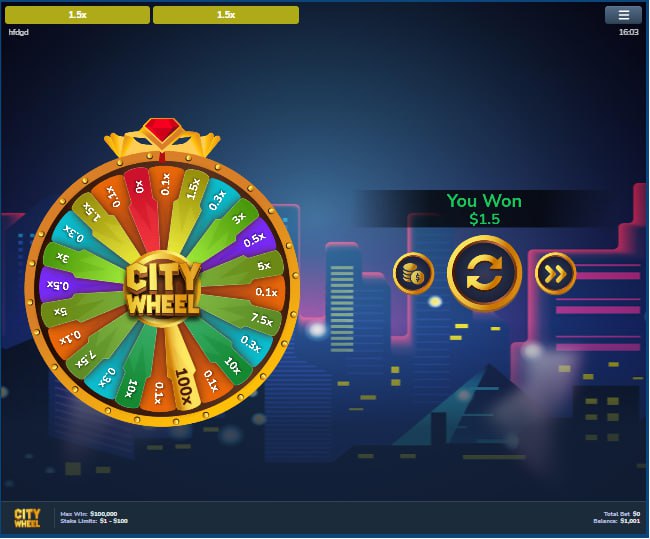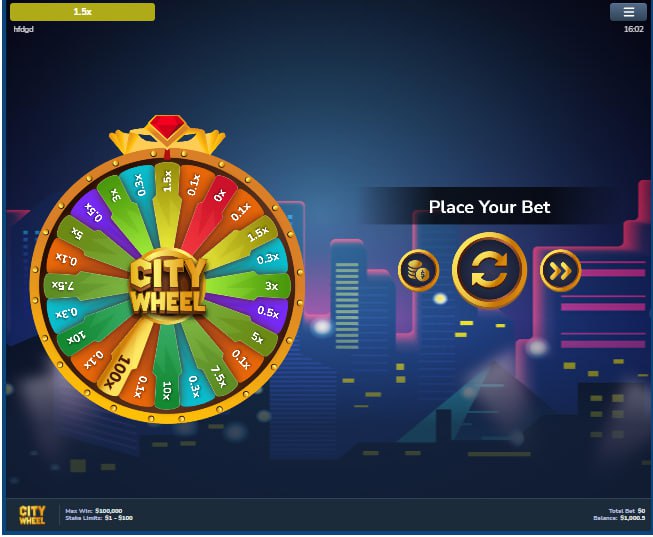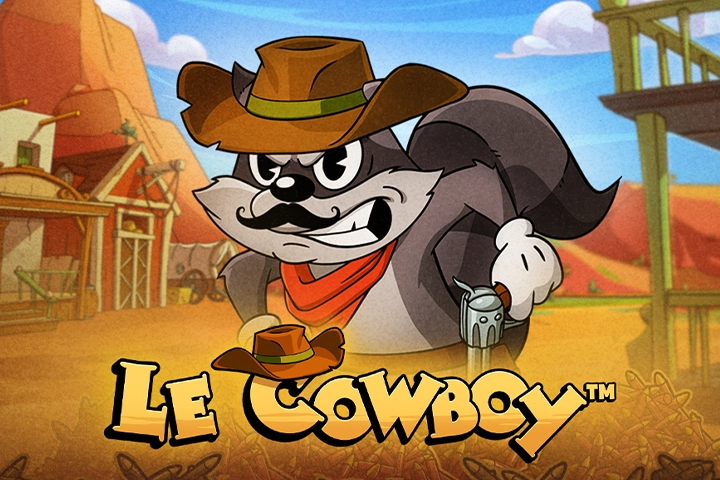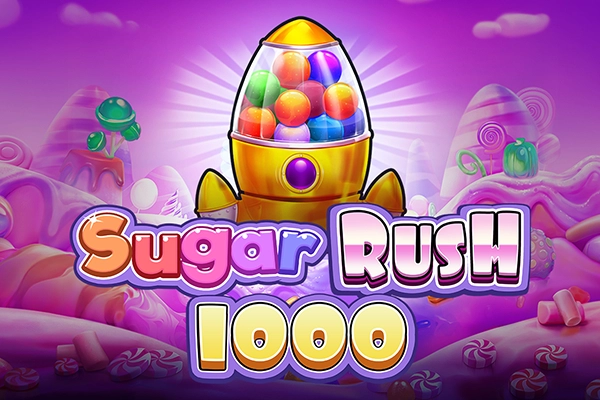City Wheel by iMoon offers a distinct online gaming format diverging from traditional reel-based mechanics. It presents a modern, urban atmosphere with a striking city skyline backdrop, setting the stage for its core feature. The central game element is a large spinning wheel divided into segments marked with multiplier values. Gameplay revolves entirely around placing a wager and predicting which multiplier the pointer lands on after a spin. This title features a compelling 98% Return to Player rate. The range of multipliers, spanning from 0x to potentially 1000x, creates a dynamic with varied winning outcomes. For players preferring a quicker pace, a Turbo Mode option is available, accelerating spins and automating subsequent bets.
In the landscape of online gaming, developers continuously explore formats that diverge from the ubiquitous slot machine structure. iMoon, with their City Wheel game, presents one such distinct experience. This is not a game of spinning reels and matching symbols across paylines; rather, it’s a prediction-based game centered around a large, prominently displayed spinning wheel. At a glance, the game distinguishes itself through its straightforward premise and a striking Return to Player (RTP) figure of 98%, immediately signaling a mathematically compelling option for players who prioritize favorable theoretical returns. The game also features a substantial maximum potential payout of $100,000, reachable via its highest multiplier segments. Our examination delves into the specifics of this title, dissecting its mechanics, visual presentation, and the underlying statistical profile to provide a comprehensive perspective for the seasoned player.

Gameplay Mechanics: Bet, Spin, and Predict
City Wheel’s core gameplay loop is built around a fundamental premise: predicting the outcome of a single wheel spin. The player's primary interaction involves placing a wager before each round commences. This contrasts sharply with traditional slots where the bet typically covers a multitude of potential outcomes across multiple lines or ways. Here, the bet is placed on the anticipation of any outcome, with the specific segment the wheel lands on determining the payout.
The wheel itself is divided into numerous segments, each corresponding to a multiplier value. These multipliers represent the factor by which the player's initial bet will be multiplied if the wheel comes to rest on that particular segment. The available multipliers span a significant range, from fractional values like 0.1x and 0.3x, through even money at 1x, up to considerably higher figures such as 10x, 50x, 100x, and critically, a potentially very rewarding 1000x. It is essential to note the presence of segments marked with 0x (visually represented, perhaps, by an icon signifying a loss state like the visible “Skull” icon); landing on one of these results in the loss of the initial wager. The simplicity here is deliberate – the focus is solely on the spin's outcome and its corresponding multiplier. There are no complex cascading wins, expanding symbols, or intricate bonus features triggered by specific symbol combinations, typical of slot games. The action is immediate: place a bet, initiate the spin via the “Spin Button”, the wheel rotates, slows, and the pointer indicates the winning (or losing) segment.
For players seeking faster-paced action, City Wheel incorporates a “Turbo Mode.” Activating this feature streamlines the gameplay considerably. Not only does the wheel spin and resolve more rapidly, but the system also automatically places the player's previous bet for the subsequent round without requiring manual input. This allows for a much quicker succession of game rounds, catering to those who prefer speed over deliberation between spins. Understanding the precise mechanics, especially the frequency or probability distribution of the different multipliers, is key for informed play. While the in-game information accessible via the ‘i’ button provides comprehensive rules and details, players might find it beneficial to observe or try the City Wheel demo version to grasp the speed of Turbo mode and how different outcomes appear visually before committing to real money wagers. Consulting the integrated help available within the demo version, often accessed via the ‘i' button, offers the official word on payout structures and game rules, which can be particularly useful when encountering games with novel mechanics like this.
Visuals, Interface, and Atmosphere
The aesthetic presentation of City Wheel leans towards a modern, urban theme, as suggested by its name. The backdrop is a stylized, futuristic city skyline rendered in shades of blue and purple, illuminated by minimalist glowing structures that evoke a sense of a dynamic, perhaps nocturnal, metropolitan environment. This setting provides a sleek, if somewhat abstract, stage for the game's central element – the wheel.
The City Wheel itself dominates the screen, presented as a large, brightly colored disc divided into numerous sectors. Each sector is clearly marked with its respective multiplier value (or the loss indicator). The colors used for the segments appear vibrant and distinct, ensuring easy identification of the landed outcome. The design of the wheel and pointer seems robust and clear, designed for immediate comprehension of the result once the spinning stops. Animation quality is functional; the wheel spins smoothly, building a minor degree of anticipation before settling on a result. While perhaps not featuring the elaborate, cinematic effects seen in some modern video slots, the animation effectively serves its purpose. Upon landing on a winning segment, a clear indication of the win amount appears, directly overlaying the wheel or in a designated area, as observed in the game screenshots showing the “$1.5” win. The user interface elements, such as the bet input, “Spin” button, and “Turbo” toggle, are placed intuitively, typically along the bottom or side of the screen, maintaining the game's focus squarely on the wheel. The overall atmosphere is one of streamlined, high-stakes potential within a clean, technologically-inspired environment, designed to keep the player's attention centered on the outcome of each spin rather than distracting visual clutter.

Return to Player (RTP) and Volatility Analysis
One of the most compelling aspects of iMoon's City Wheel, particularly for players who delve into the statistical underpinnings of casino games, is its stated Return to Player (RTP) of 98%. This figure stands out significantly in the online gaming space, where RTPs for many slots and table games often range between 95% and 97%. A 98% RTP suggests that, over an extensive number of game rounds, the game is theoretically designed to return 98 cents for every dollar wagered. It's crucial to remember that RTP is a long-term statistical average and does not predict the outcome of any individual session, but a higher RTP generally indicates more favorable odds for the player over time compared to games with lower percentages.
iMoon, as the developer behind City Wheel, appears to be focusing on a specific niche within the online gaming market – offering straightforward, prediction-based games with potentially favorable statistics. Their decision to develop a wheel game instead of a traditional slot suggests an intention to provide players with a different kind of engagement, emphasizing simple prediction and immediate results. The game's stated version, 2.2.6, indicates ongoing development or updates to the title since its initial release, suggesting the provider maintains the software.













